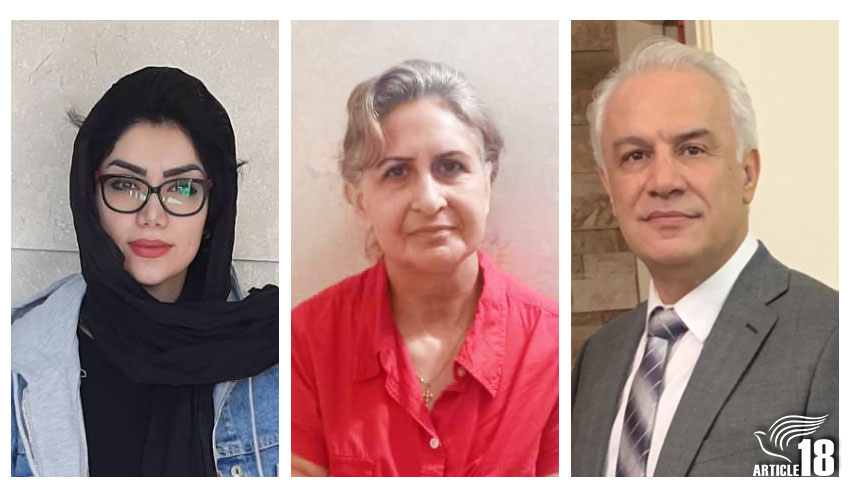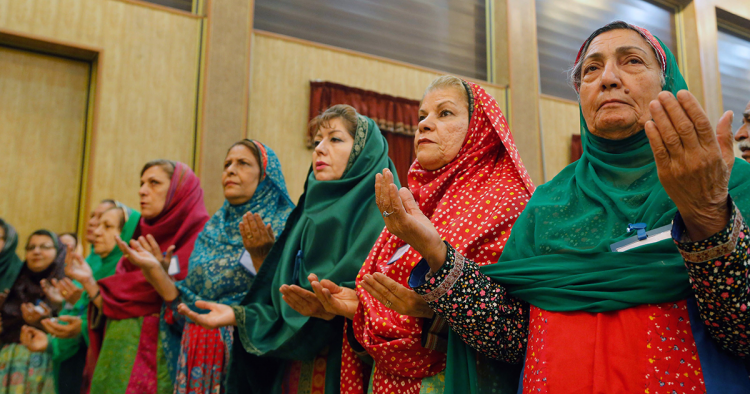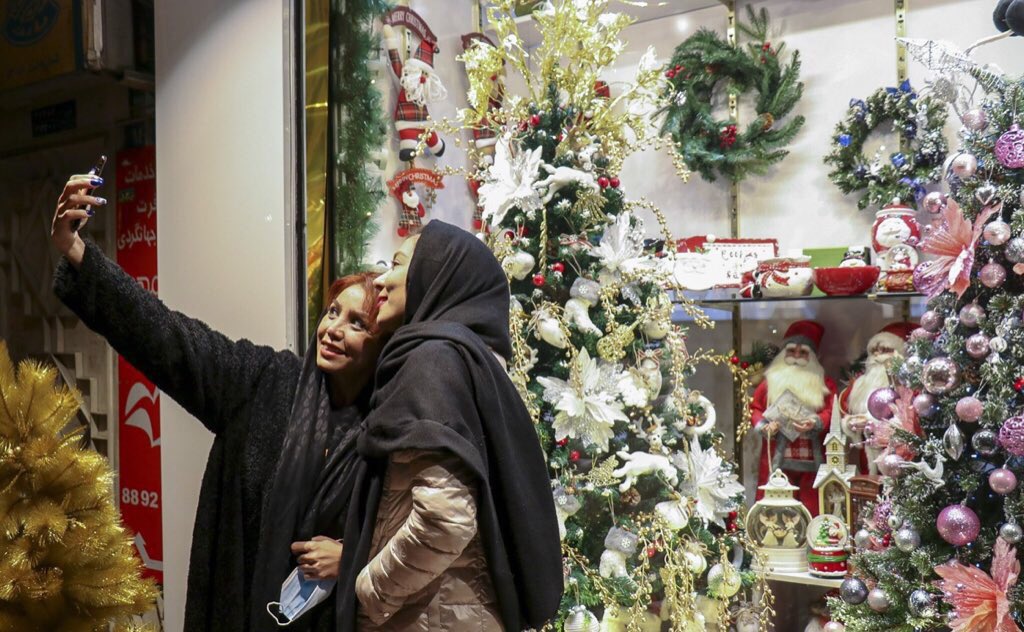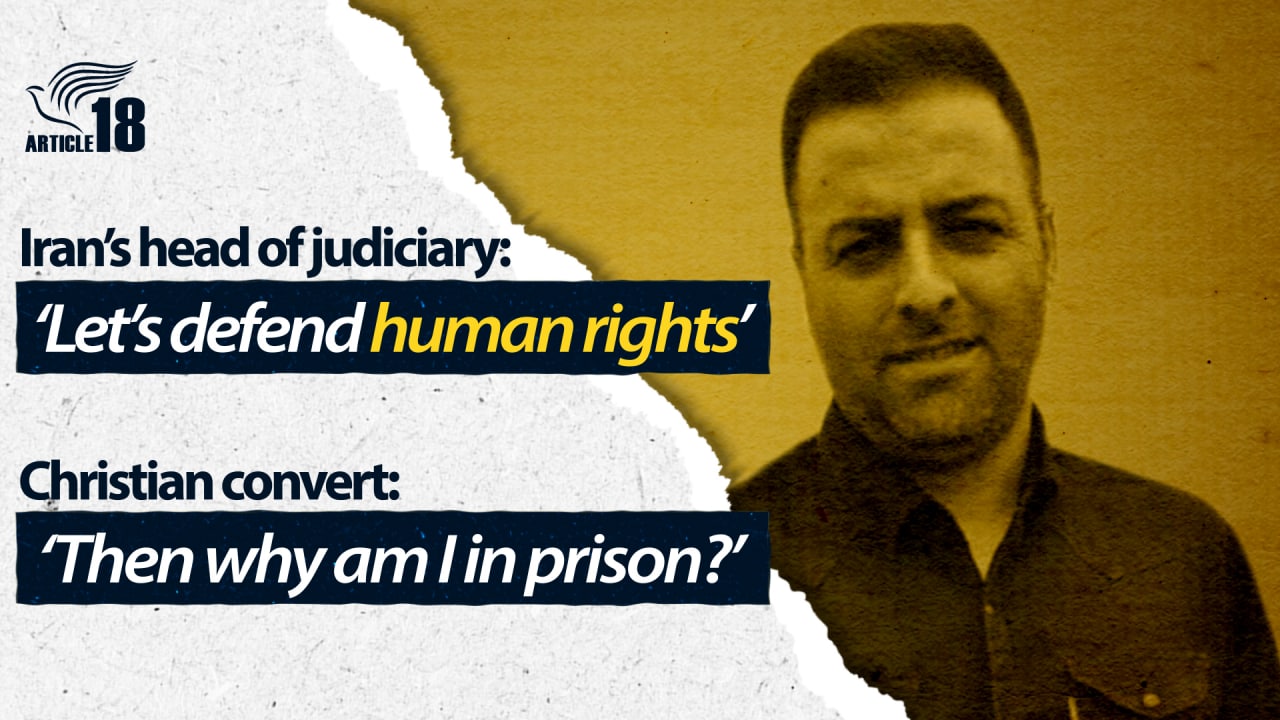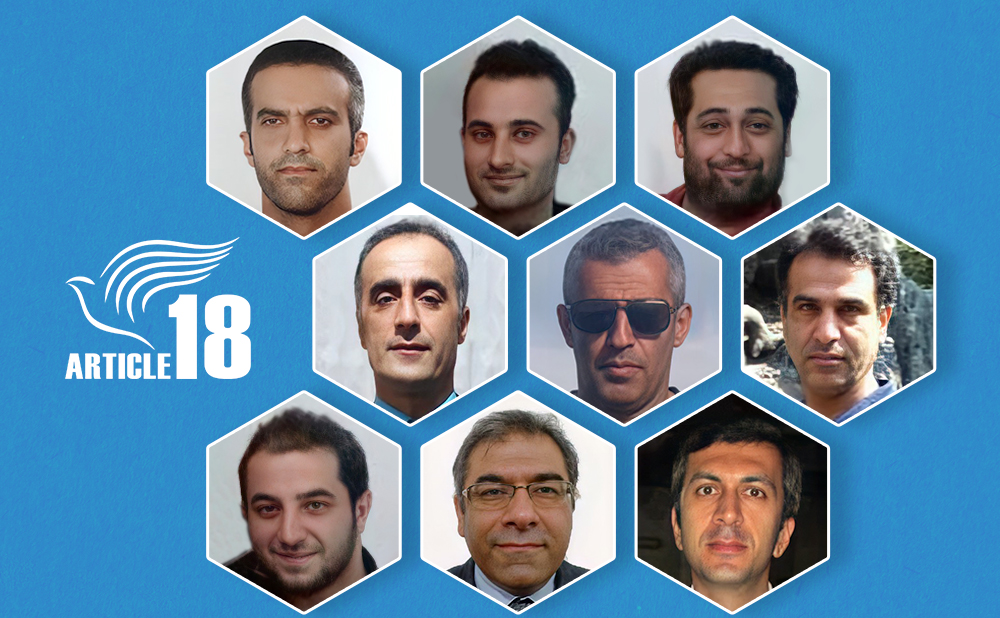
by Steve Dew-Jones | 20 Dec 2021 | News
Left to right: Somayeh (Sonya) Sadegh, Mina Khajavi, and Joseph Shahbazian. The lawyer of five Christians out on bail for more than a year has complained his clients’ confiscated belongings have still not been returned to them, despite the law mandating they should be...

by Steve Dew-Jones | 8 Dec 2021 | Analysis
This article was written by Marjan Keypour Greenblatt, founder and director of the Alliance for Rights of all Minorities (ARAM). It was first published on the Middle East Institute website on 7 December, under the headline “A stranger among us:...

by Steve Dew-Jones | 7 Dec 2021 | Analysis
Every year at Christmas, senior regime figures step forward to offer their well-wishes to their “Christian compatriots” on the occasion of the birth of Jesus. Meanwhile, photos are shared on social media of Iranians buying Christmas trees from stores clad in the red...

by Steve Dew-Jones | 3 Dec 2021 | News
A convert serving a six-year prison sentence for leading a house-church has queried how the head of Iran’s judiciary can speak about “defending human rights” while people like him are in prison only for their beliefs. In a voice message from prison, Saheb Fadaie...

by Steve Dew-Jones | 1 Dec 2021 | Analysis
Article18 asks human rights lawyer Hossein Ahmadiniaz about the practical implications for Iran’s Christian prisoners of conscience of the recent Supreme Court ruling, which found that house-church activities and the promotion of Christianity did not constitute...
